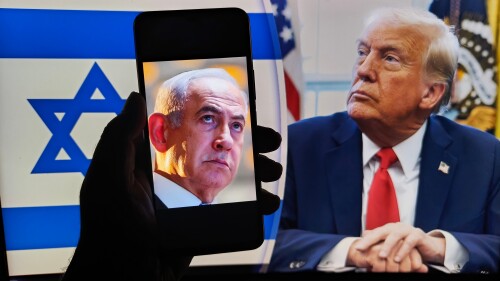Israeli leaders have been boasting effusively about the country’s success in degrading Iran’s proxies in recent months.
“We knocked down Hezbollah, which was supposed to protect Iran,” Prime Minister Benjamin Netanyahu said earlier this month. “And Iran didn’t protect Hezbollah either. And neither of them protected [Syria’s Bashar al-] Assad.”
“We just split that whole axis right down the middle,” he said. Iran “spent probably $30 billion in Syria, another $20 billion in Lebanon, God knows how much on Hamas. And it’s all gone down the tubes.”
Indeed, since the Islamic Revolution, Iran has invested heavily in developing a network of loyal armed groups across the region. In addition to those described by Netanyahu, Tehran has also created powerful Shiite militias in Yemen, Iraq and Syria.
Until October 7, 2023, and the subsequent war, Iran’s proxies were central to its ability to influence — often dominate — developments in the Middle East, and to threaten its adversaries.
Read the full article at the Times of Israel.








